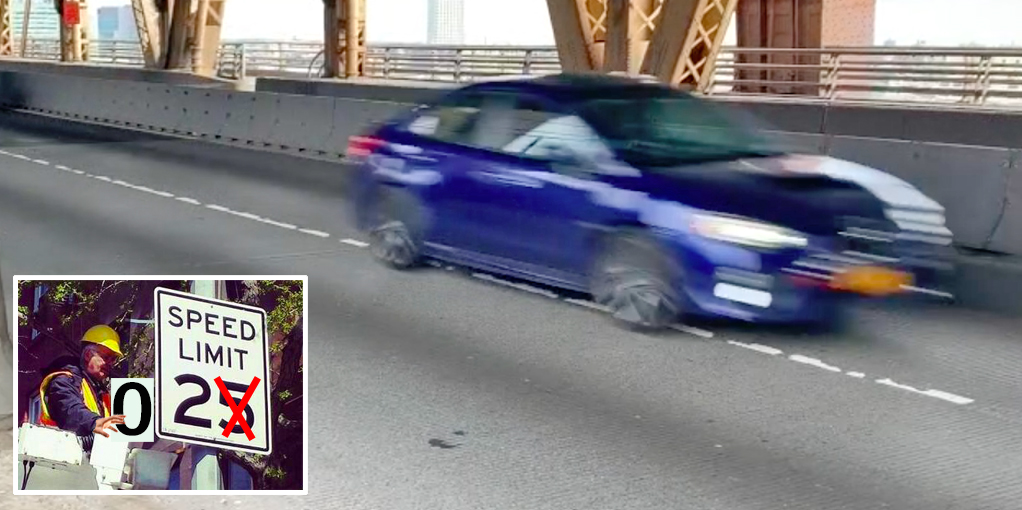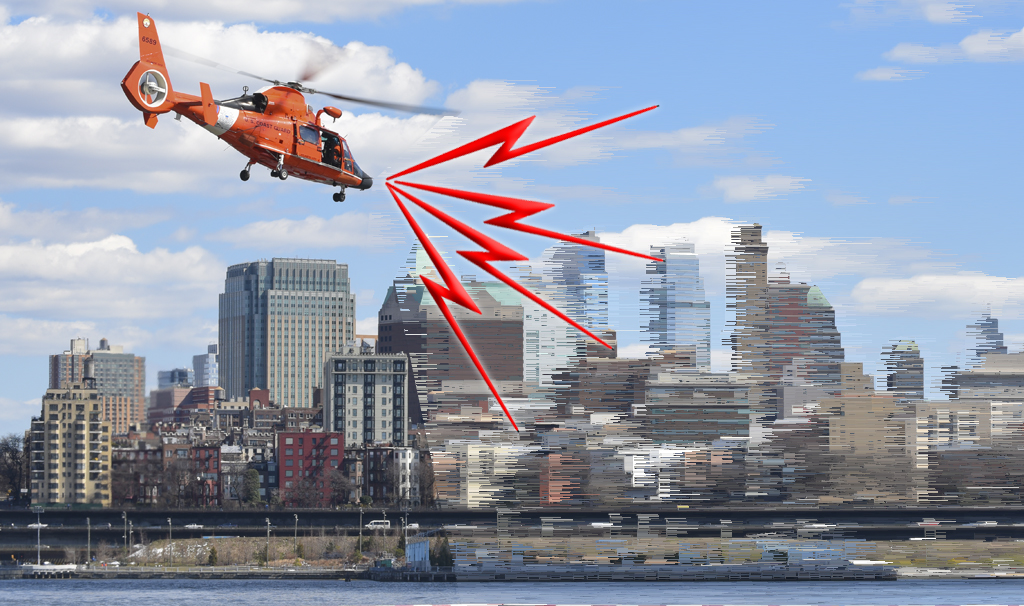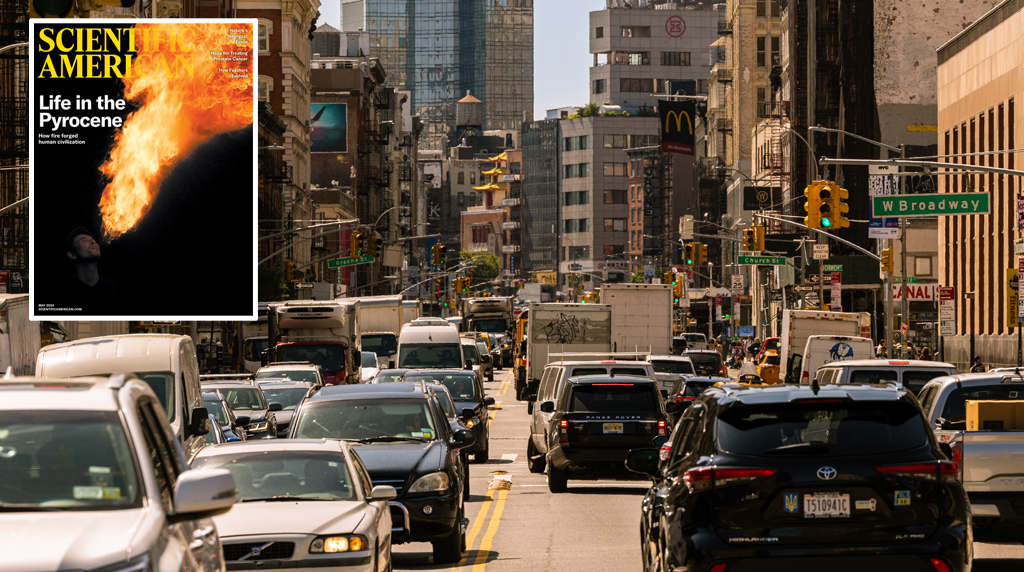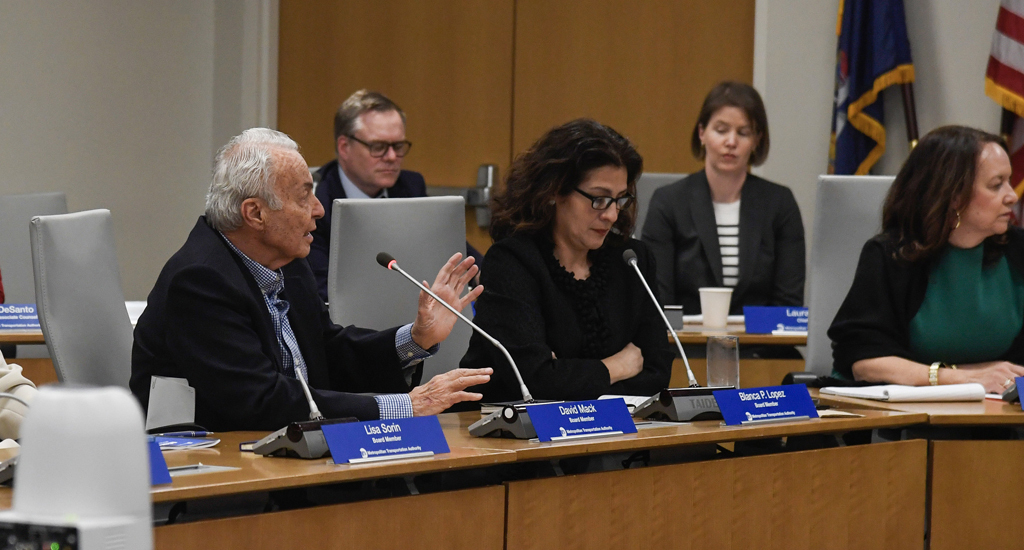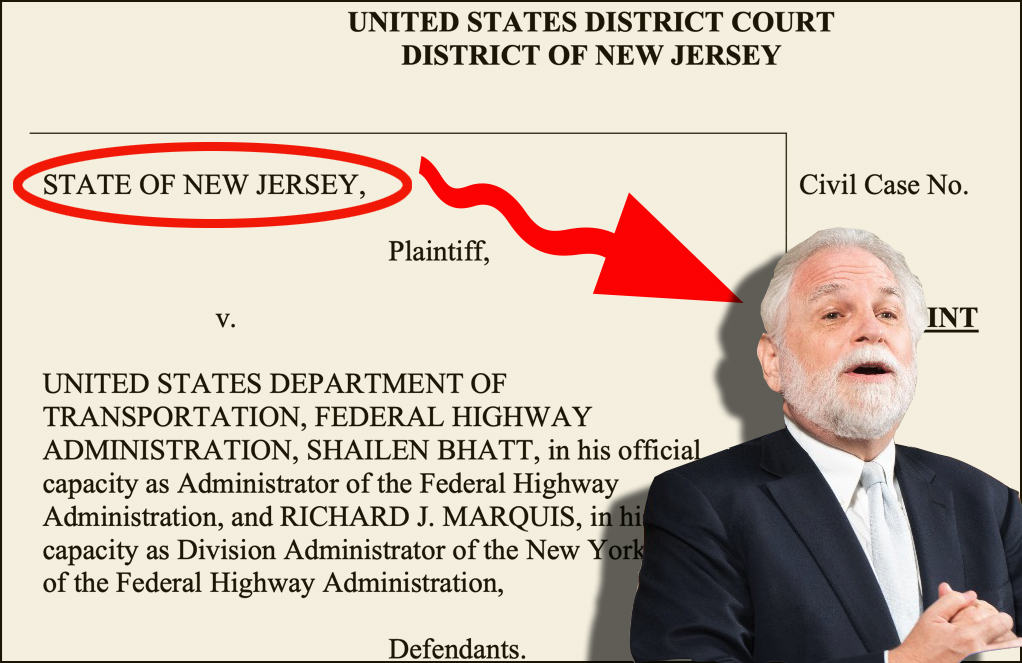The White House's proposed budget for 2011 would direct $2.8 billion to its biggest-ticket urban aid programs, even as American city governments face estimated budget shortfalls of at least $19 billion next year, according to a report released today by the nonpartisan Drum Major Institute (DMI).
The report compares urban budget shortfalls estimated by the National League of Cities -- which found that 62 percent of metropolitan areas delayed or canceled infrastructure projects during last year's economic downturn (see above chart) -- with the amount the Obama administration aims to spend on city transportation, housing, and community aid next year.
The DMI report praises the White House for its Partnership for Sustainable Communities, an ambitious plan to unify the disparate elements of federal land-use policy, and its continued attention to affordable housing grants. The budget "does demonstrate a concern for how federal policy impacts the health and vibrancy of neighborhoods and communities," DMI analyst Harry Moroz wrote.
But at a time when Washington can continue to deficit spend while city governments must achieve balanced budgets, often by having to cut essential services, Moroz questioned the Obama administration's ability to recognize the large-scale economic difficulties confronting U.S. metro areas:
Sucha shift [as the White House's 2011 budget makes] might have been sufficient in an era of robust job growth witha humming economy and expanding city revenues. In the current climate,though, it suggests an administration that is certainly aware of theimportance of cities, but is unwilling to commit the necessaryresources to meet the basic economic needs of cities and their localgovernments...
Only substantial direct assistance to citygovernments, coupled with an ambitious and targeted jobs program, canensure that cities, the economic engines of the country, do not soonrun out of fuel.
Just how big of a hole are cities in for 2011? The National League's study found that in the best-case scenario of a 3 percent budget shortfall, the nation's urban budget gap would reach $12 billion, with the worst-case outcome yielding $19 billion in urban deficits.
Once anticipated cuts to state governments' urban spending are factored in, however, the total shortfall could reach as high as $29 billion.

